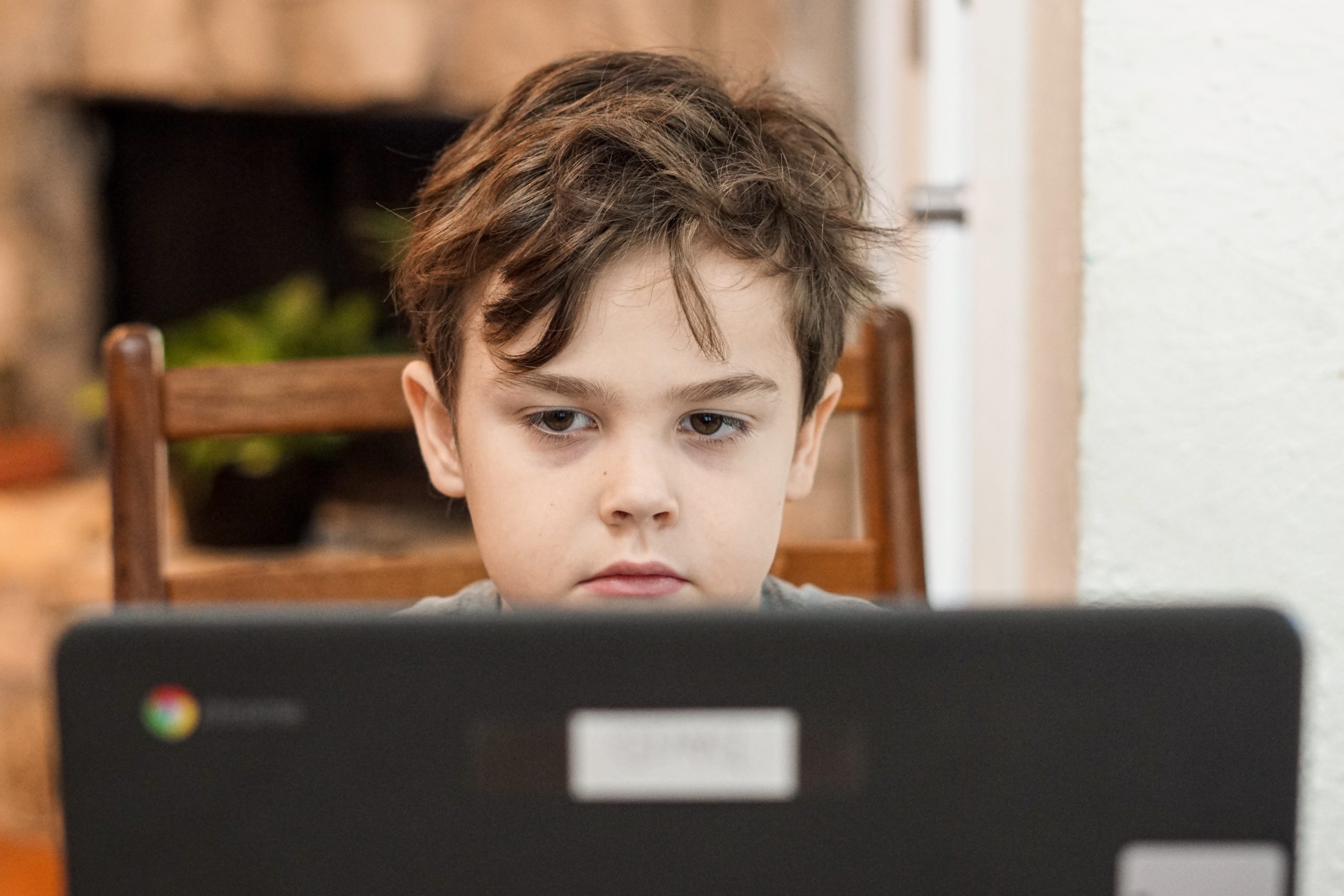
April 19, 2023
The Boost News
The United Nations is falling way short of its 2030 goal of an inclusive and equitable early education for children with disabilities, according to a report published in the journal Nature.
The report urges the UN to produce a clear plan that includes global funding schemes, effective governance, and monitoring and accountability mechanisms.
The goal, the fourth of 17 Sustainable Development Goals (SDGs) in the UN’s 2030 Agenda for Sustainable Development (adopted in 2015), aims for lifelong learning opportunities for all. To put a fine point on it, the report’s authors note that “optimizing the readiness of children with disabilities for school, to facilitate their access to inclusive and equitable quality education, is the overarching purpose of the global pledge.”
The article highlights the need for action, and cites these stats:
- There are approximately 53 million children aged under five years with developmental disabilities worldwide.
- Children with disabilities experience substantively more discrimination and are likely to have substantially poorer foundational reading and numeracy skills, compared to children without disabilities.
- Children with disabilities of almost every background, regardless of gender, family income level and residential status, have lower rates of primary school readiness than children without disabilities.
For more details on what’s needed to achieve the goal, check out this Table.
Article citation: Olusanya, B.O., Gulati, S., Berman, B.D. et al. Global leadership is needed to optimize early childhood development for children with disabilities. Nat Med (2023).